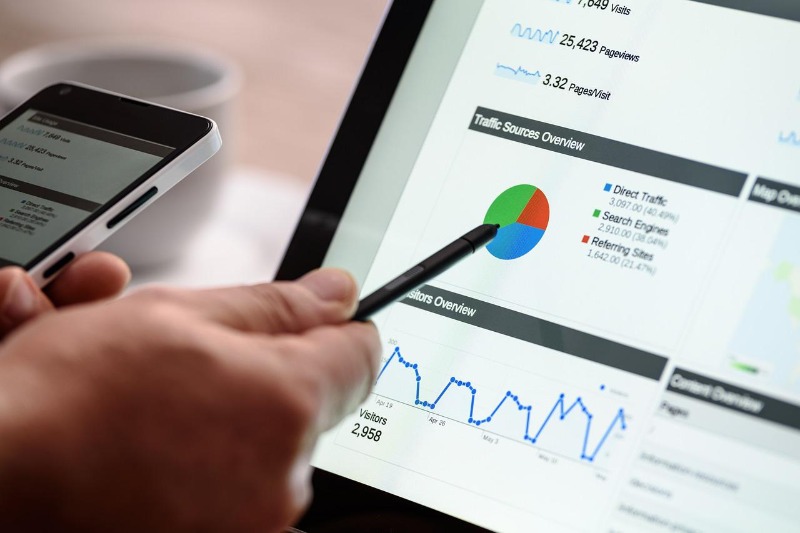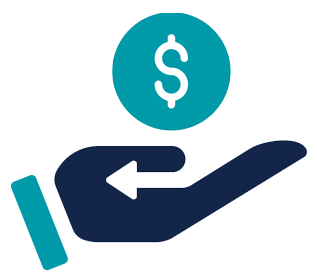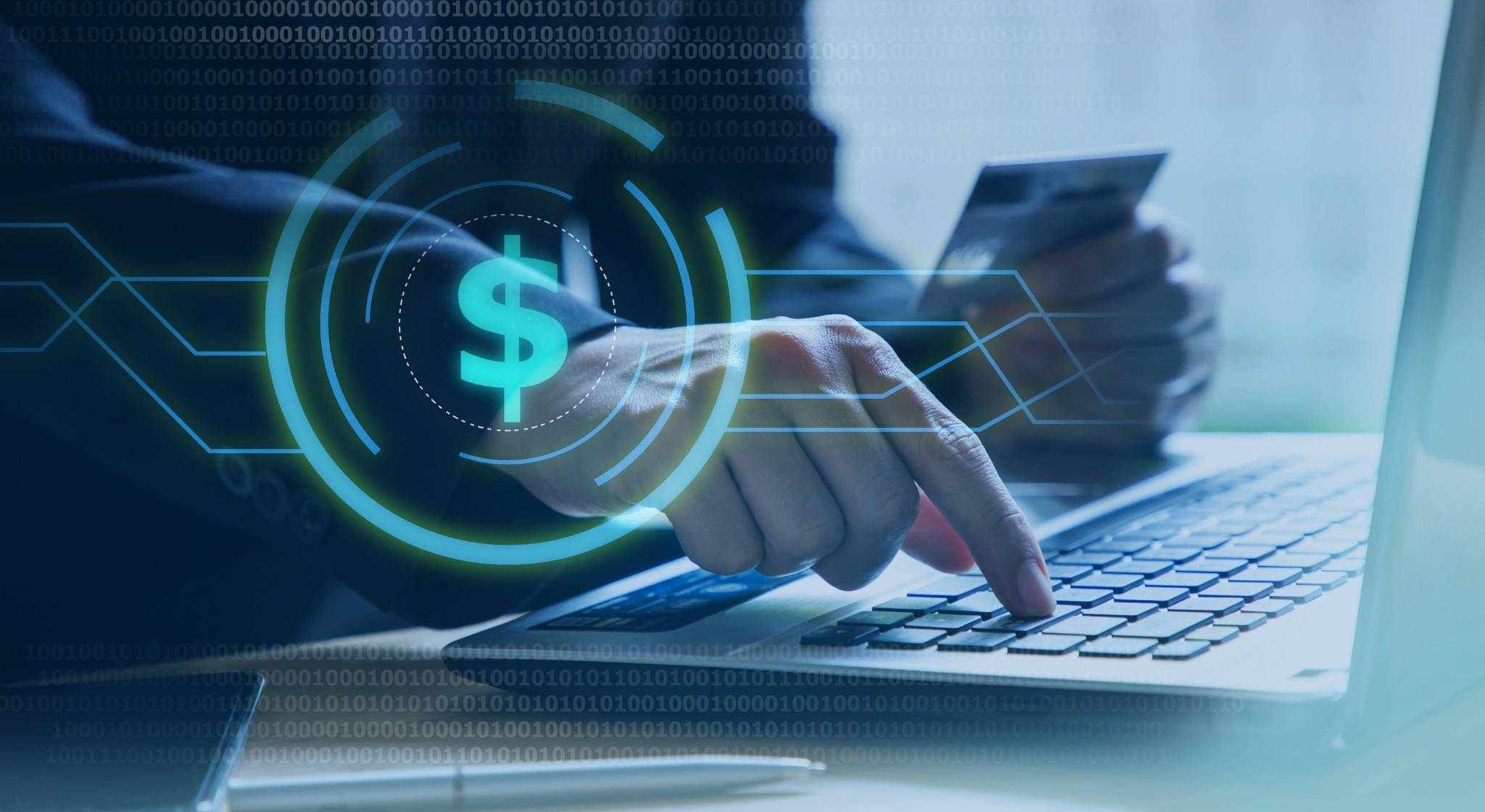Understanding What Does A Fraud Analyst Do?
The most difficult task for a fraud analyst is the complex analysis of connections involving the misuse of data, authorizations, technologies, or unknown resources, which is particularly challenging in the telecommunications sector and when using the Internet as a communication medium. When it comes to traditional definitions of professional detectives, a fraud analyst is someone who is dedicated to his client and who does so through analytical skills and a flair for criminal intelligence, particularly when using “new technologies.”

It has been reported that 2021 was the year with the most frauds in all of history, could it be due to the shift towards digitisation or is it because of the loss of jobs during the global pandemic? Either or, what people need to shift their focus on is the boom that the fraud analyst industry is facing due to this. So what really is the job of a fraud analyst in 2022?
Fraud analysts are responsible for keeping track of bank accounts, financial transactions, accounting paperwork, and other financial documents in order to spot any signs of scam attacks or fraudulent activity that may be taking place. The duties of a fraud analyst vary depending on the type of institution or agency for which you work, and they can include insurance, municipal, state, and federal law enforcement, finance, and banking, among other fields. Your responsibilities, on the other hand, typically include using sophisticated software to detect patterns of behavior by a financial institution, business, or individual, among other things.
A Day in The Life of A Fraud Analyst
The most difficult task for a fraud analyst is the complex analysis of connections involving the misuse of data, authorizations, technologies, or unknown resources, which is particularly challenging in the telecommunications sector and when using the Internet as a communication medium. When it comes to traditional definitions of professional detectives, a fraud analyst is someone who is dedicated to his client and who does so through analytical skills and a flair for criminal intelligence, particularly when using “new technologies.” When it comes to providing high-quality services, the fraud analyst relies on developing a special relationship of trust with his clients.
The fraud analyst possesses functional advisory skills as a result of their verified and trustworthy legal knowledge. Fraud analysts are dedicated to the law and to maintaining the highest standards of professional ethics. They are only interested in representing the interests of their clients. The status of a neutral and particularly credible expert witness is accorded to fraud analysts in the courtroom. Fraud analysts in corporations collaborate closely with the security departments of their respective organizations. This collaboration is intended to aid in the development of information technology fundamentals, the adoption of user knowledge in the hardware and software areas, as well as teamwork in the analysis of abuse scenarios or suspected fraud. In most cases, the fraud analyst is employed by the company (e.g., as a fraud analyst/prevention clerk) or works as an independent trader.

Would You Like to Try Your Chances at Becoming a Fraud Analyst?
A fraud analyst works on behalf of a bank or financial institution, conducting investigations into forgery and theft in customer accounts. Their job is to track and monitor all of a bank’s transactions and activity that passes through individual accounts, to identify and trace any suspicious or high-risk transactions, to determine whether or not there is any improper activity involved, and to assess whether or not there is any risk to the bank or its customers. A fraud analyst is responsible for closely monitoring a variety of customer transactions in order to detect or identify potentially fraudulent activity.
The majority of accounts and customers have banking patterns that do not typically change over the course of a year. Any transaction or series of transactions that do not correspond to the expected activity classifies as a ‘red flag,’ and the transaction or series in question will be investigated. If any suspicious transactions are discovered, the fraud analyst will flag the account and keep it suspended until the suspicious transactions can be checked and verified by the bank or financial institution. Transactions can be scrutinized for a variety of reasons, including the type of transaction, the amount of the transaction, unusual transfers to unlikely partners, the locations from which transactions originate, and a flurry of activity that exceeds the accepted norm for the account.
In the case of any suspicious transactions, the analyst will attempt to obtain information that can be used to determine the transaction’s origin. This information can be used to determine who perpetrated the fraudulent item and who is responsible for the criminal activity in question in the case of fraudulent items. It is the analyst’s responsibility to get in touch with the bank branch, the account holder, and any other third parties who may have come into contact with or handled the questionable item.
During their efforts to apprehend the criminal(s) who may have committed the felony, they are responsible for maintaining the confidentiality of any information they have collected. Models for analyzing fraud are kept within the confines of the bank’s geographical regions. This can aid in the identification of fraud patterns across specific geographic areas, as well as the dismantling of larger criminal organizations responsible for fraud activity. This can also aid in the identification of specific security flaws that can be targeted over time, allowing the bank to identify system improvements that can be implemented to reduce the likelihood of fraud occurring or to reduce the methods by which it can occur.
If scammers managed to get a hold of your financial accounts and your loosing money, then you should contact us to help you get your money back!
WORRIED THAT SOMEONE HAS YOUR PERSONAL & BUSINESS INFORMATION?
With how easy it is for scammers to acquire your data, it’s reasonable to be alarmed. Protect yourself and your loved ones by getting advice from experts. We will guide and even help you get your money back from scammers.

What is Required of a Fraud Analyst?
A variety of industries employ fraud analysts, including finance, banking, and insurance, as well as municipal and state law enforcement and federal law enforcement, to name a few. They will typically work in a regional or central office where they will be able to monitor activity from a variety of sources all at the same time. To assist fraud analysts in detecting and preventing fraud from occurring, as well as for reporting security threats and suspicious activity as quickly as possible, specialized software tools are used.
Unlike other types of analysts, fraud analysts have distinct personalities. They tend to be enterprising individuals, which means that they are adventurous, ambitious, assertive, extroverted, energetic, enthusiastic, confident, and optimistic in their pursuit of their goals. They have a strong sense of authority, are persuasive, and are motivating. Some of them are also investigative, which means that they are intellectual, introspective, and inquisitive in their thinking and actions.

Key Takeaways - Becoming A Fraud Analyst is Quite A Rewarding Job in 2022
Fraud analysts are a group of behavioral specialists and forensic investigators who work together to detect and prevent fraud. Enjoy investigative work, in-depth analysis, and considering multiple points of view. You’ll find that your interests can actually assist you in developing your skills in the field of law enforcement. Fraud is an industry that is truly capable of adding value by fully exploiting the advantages of technological advancement. Professionals are assisted in the analysis and interpretation of data to detect fraudulent activity as a result of the widespread adoption of automation and decision-support tools across fraud departments. Learn more about the details of scam recovery by visiting our site!
Sources
Find Related News
Subscribe to Our Newsletter

Scam Recovery Resources
Warning!!! 10Brokers.com Blacklisted for Investment Scams
10Broker is also not an Fx dealer with a license. The corporation will breach the rules, putting its shareholders at risk in the meantime. The system will not last much longer in the marketplace, and it is predicted that it will be shut down once it has stopped defrauding consumers.
47 Year Old Man Almost Lost His Entire Life Savings ($56,000) To A Fake Investment Opportunity Online
Beware of such happenings and never let out your personal information to any website, unknown call, messages, etc. Always have hope and make efforts to recover your stolen funds at any cost.
How Can Scammers Get Their Hands On Your National Insurance Information?
Scammers have been calling random people on the street while posing as representatives of the National Crime Agency, or the “National Office for Serious Crimes,” and then using a web of lies and threats to try to persuade you to divulge personal information. The con artist then misinforms them that his National Insurance number had been used to claim Universal Credit (NINo). The conman threatened to have him pay back thousands of pounds in benefits that had been fraudulently claimed and put him in danger of going to jail if he didn’t give them his personal information so they could “correct” the situation.
Explore All The Details Regarding Money Scams to Protect Your Funds From The Tactics of This Malicious Activity
Online money scams are various fraud approaches worked with by cybercriminals on the Internet. Scams can occur in a horde of ways: phishing messages, online entertainment, SMS messages on your cell phone, counterfeit technical support calls, and scareware.
Scoular Co. Email Scam Case- How The Firm Got Swindled Out Of $17.2 Million
The emails appeared to come from Scoular Chief Executive Officer Chuck Elsea and the company’s auditing firm in Omaha, Nebraska. The fraud, which occurred in June, was investigated by the Federal Bureau of Investigation.
Our news section focuses on reporting scam related news and alerts. We aggregate information from the web, as well as, reach out to our contacts so that we can get the latest scoop on scam operations.
FundTrace is committed to upholding the journalistic standards online, including accuracy. With our news reporting, our policy is to review each issue on a case by case basis, immediately upon becoming aware of a potential error or need for clarification, and to resolve it as quickly as possible.
We Can Help You
Victims of scams are stressed out because they don’t know what to do. We have the tools and experience to fight off scams, and our team can help you in getting your money back.
Please fill up the form now so that our team will get in touch with you.









